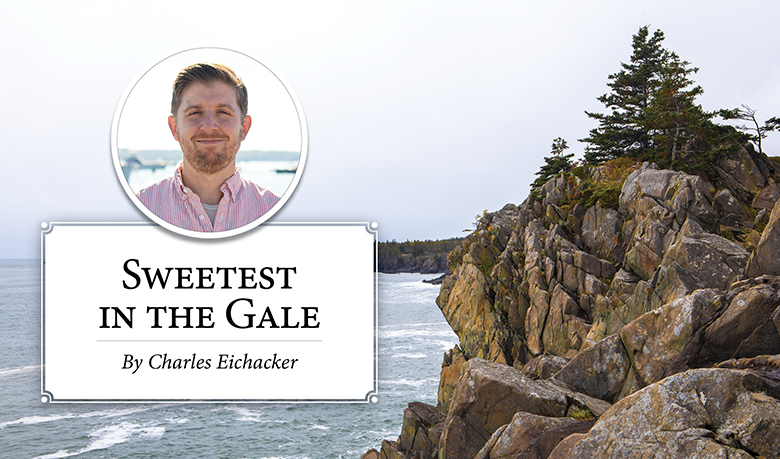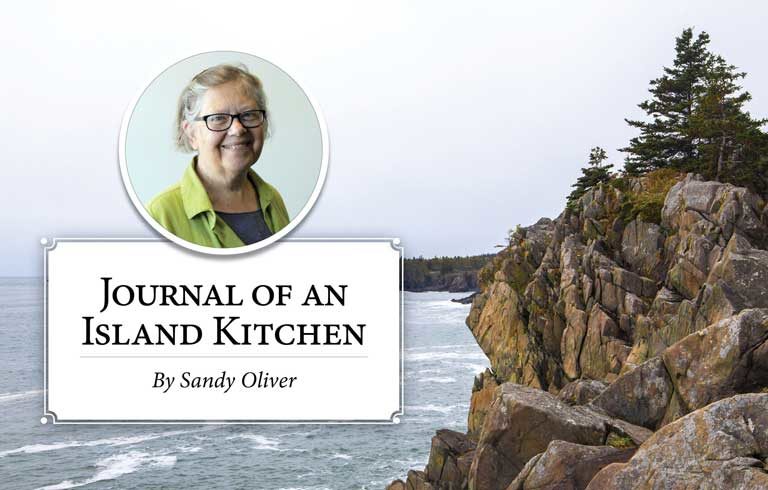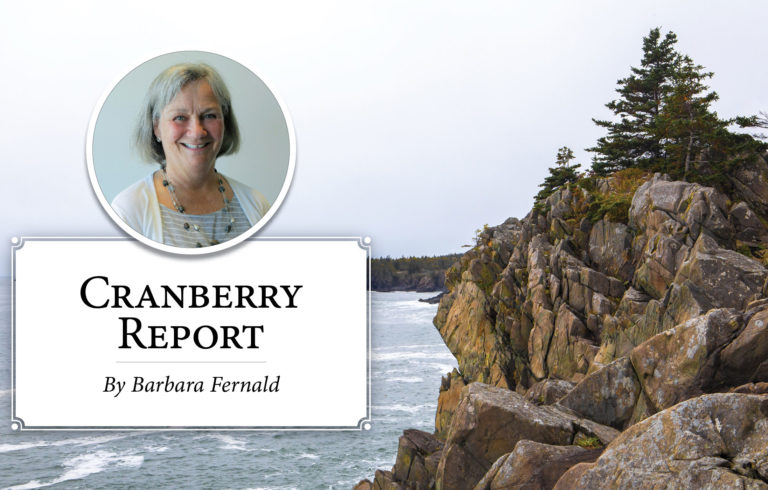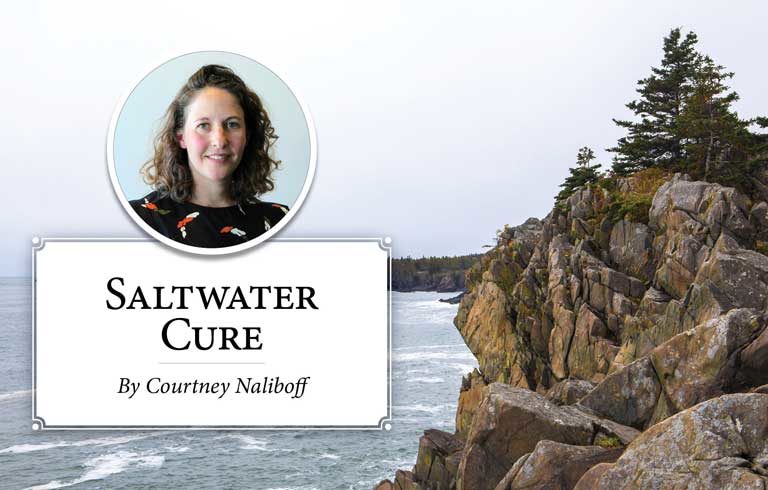I’m not from Maine, but I’ve talked to many people since I got here.
There are other ways I could open this piece, to introduce myself as the new editor of The Working Waterfront and Island Journal.
But as I try to fill the big boots left by outgoing editor Tom Groening, I think it best to start with the obvious: I’m not from here.
Although I grew up in Maryland—another state known for its clawed seafood—I’ve never lived on an island or worked on a boat. Hand me a fishing rod, and I’d likely cast it twice before needing you to untangle the line.
What I can say is that I’ve spent years getting hundreds of other people to trust me with their stories.
What I have done is spent 11 years working as a journalist in Maine, getting other people to talk to me. They’re the ones who have given me credibility to take this role.
So I’d like to start with them.
I’d like to start with Bruce Campbell.
In the fall of 2014, I was less than a year into covering the town of Bucksport for The Ellsworth American when Verso Paper announced that it was closing the local mill and laying off more than 500.
With several days to go until our print deadline, my editor tasked me with interviewing as many workers as I could, so that we could show how this would affect them and what was being lost. At that stage in my career, I didn’t immediately know how to go about finding the workers or convincing them to talk to me, especially at the very moment their lives were getting upended.
Finally it occurred to me to try the local bar. That’s where I found 64-year-old Campbell.
A flannel-shirted union electrician with more than 40 years at the mill, Campbell quickly noted that he was lucky to already be near retirement. He described the highlights of his own career—enough money to put his daughter through Colby College, a better payout at the end—and lamented that his younger colleagues wouldn’t get to enjoy the same.
He argued that the U.S. pulp and paper industry couldn’t compete with the low wages or government support of mills in other countries. His take: “We’re right between a rock and a hard place.”
By that point in my life, I didn’t have much firsthand experience with the hard places of the world.
I had been to Maine previously, but the first time was on a childhood vacation to the Midcoast, and the second was when my own parents put me through Colby College.
Now, as I take over a newspaper that aims to reflect how people live along Maine’s more than 5,000 miles of coast, what I can say is that I’ve spent years getting hundreds of other people to trust me with their stories.
After the Ellsworth American, I moved on to daily reporting at the Kennebec Journal and Bangor Daily News, then digital and radio reporting at Maine Public. Most recently, I was the coastal and state editor at the BDN.
Many of the stories that my colleagues and I have written have been about hardships on and off the water, from health threats to housing insecurity to storms that have sunk ships and destroyed property.
But as readers of this publication know, there is more to journalism than just describing the problems. It can also identify solutions. It can highlight the history, science, and culture of a region. It can entertain and distract. Its photos can capture more than words.
I’m eager to continue in that tradition. The task feels daunting, in part because The Working Waterfront and Island Journal have offered all these things and more under Tom’s leadership. On top of putting out a paper and magazine, we’ll also need to find new ways to reach readers who get most of their information on smartphones and social media.
As I figure those things out, I won’t forget to keep earning the trust of this community.
Charles Eichacker is the new editor of The Working Waterfront and Island Journal. He may be contacted at ceichacker@islandinstitute.org. He has named his column “Sweetest in the Gale” after a line in the Emily Dickinson poem “‘Hope’ is the thing with feathers,” which uses a bird in a storm to represent hope in dark times.





